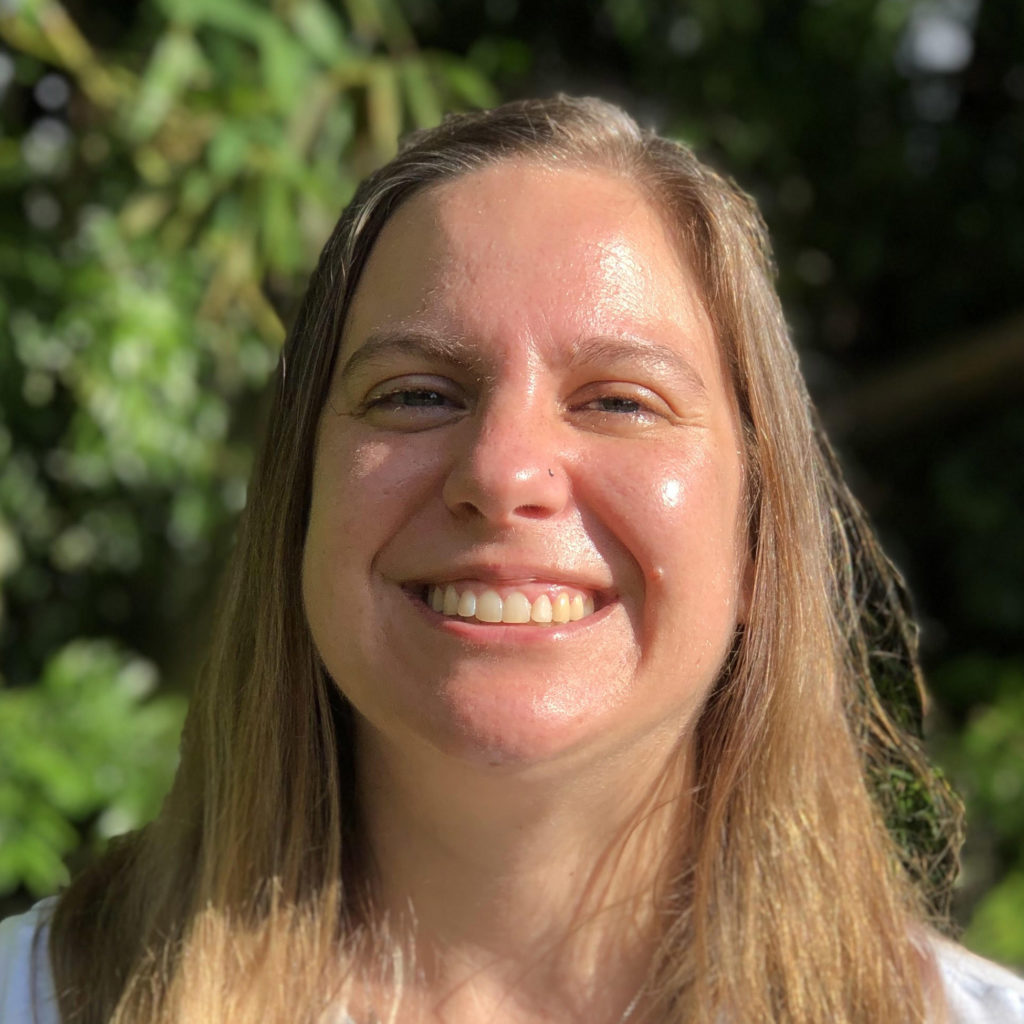Race is deeply personal. This issue’s theme was selected by the editorial team because of the climate and awareness of racism and systemic injustice currently ongoing on the mainland. While we do not experience police brutality against African American and black men, there are still racial issues and tensions boiling below the surface of aloha.
This can be seen in the stereotypes of white people, even if they are kamaaina. It can be seen through the lens of colorism and the ways that white-presenting kanaka maoli are treated when their values and opinions of culture are different from their peers’ ideas, especially about TMT and the role of culture in their communities. The jokes about Micronesians, Filipinos, and other migrant working communities also serve to keep people in their place in the social hierarchy of race in the Aloha State.
Personally, I have been witness to racism against my family, friends, and students of all colors and blood quanta. I have also experienced prejudice during my second stint of employment with Kamehameha Schools when someone asked me if I got my name from my dad or my husband, totally invalidating me as a whole person. I am on a quest to find out more about who I am and what my cultures are based on the discoveries of my own racial composition from 23 and Me, which include Native American, Anatolian, and Cypriot. We are all complex, inside and out, and it is my hope that we remember this the next time we say or think something based on racial prejudice and stereotypes.
In this intimate issue of Hawaii Stories, we explore fictional accounts of prejudice, current thoughts about racism in Hawaii, and personal experiences exploring the meaning of blood and race.
You will notice a lack of black voices in this issue. While we hoped for people to submit stories and had solicited directly from kanaka and other bipoc, people declined to contribute. However, just because those voices aren’t presented here doesn’t mean we don’t value their experiences and want to know more. Our hope is to elevate marginalized voices. If you are interested in reading about the black Pacific Islanders experience, visit The Popolo Syllabus.

Alicia Takaoka is a writer, instructor, and researcher who lives on the Big Island with her Mister and cats. She moved to Hawaii for school and has lived on three islands in the nearly 17 years she’s been here. Alicia has an MA in Scientific and Technical Writing from Bowling Green State University, and she is earning her PhD from UH Manoa in Communication and Information Sciences with a focus on human-computer interaction.




How do you know? this: While we do not experience police brutality against African American and black men. There actual records and witness and individuals who would disagree.
Thank you for you attempt to broach this subject but please be more accurate and reflective in your report.